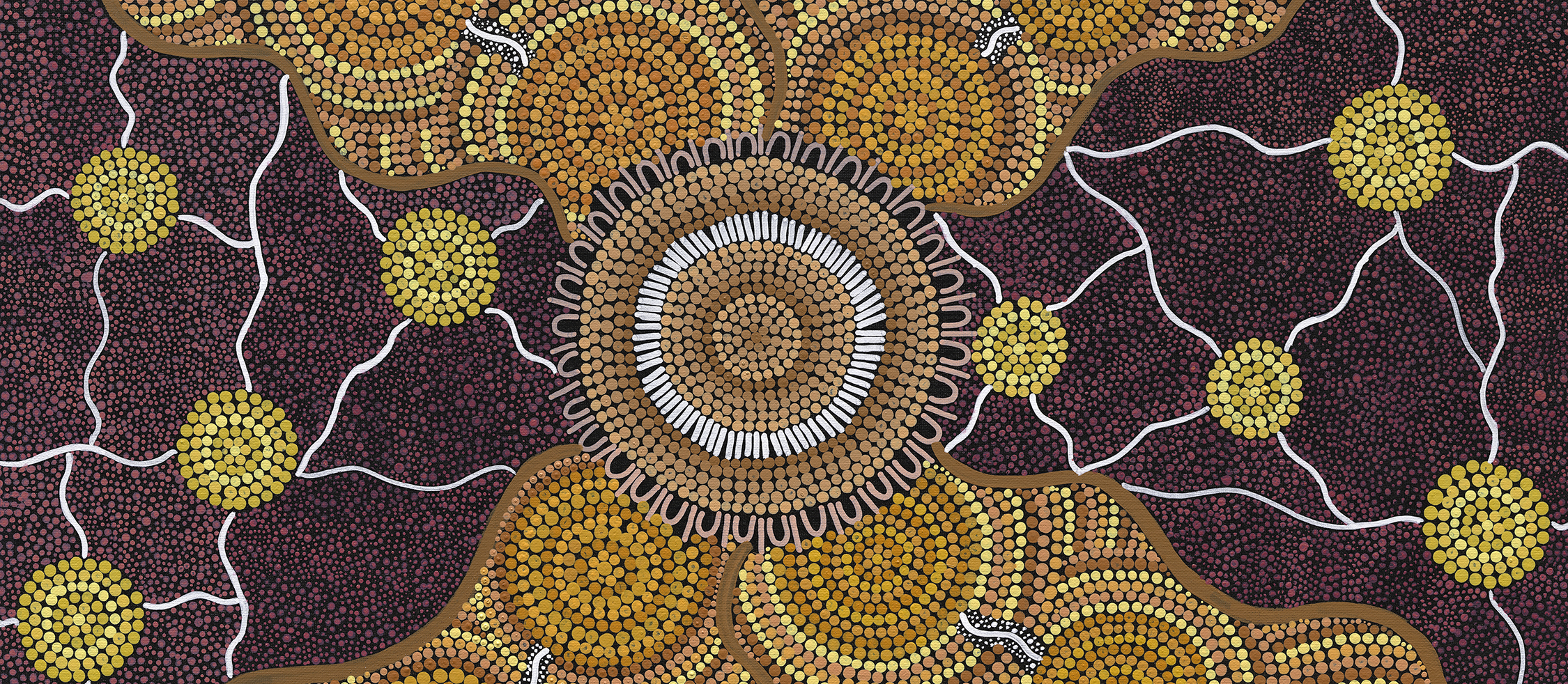The morning started like most others: a perfect blend of calm chaos. Two parents attempting to look presentable for work, two kids moving at the speed of molasses toward school readiness, and the ever-hopeful sense that they might actually make it before the bell rings. Success was so close they could practically hear the applause.
Just as shoes were being tied and bags zipped, the youngest child turned to Mum, eyes wide, bottom lip trembling, and with all the drama of a soap opera cliffhanger, whispered, “Mum…Bob the tadpole is…. dead.”
Tears flow. Comfort is given. An afternoon funeral is planned. Just when you think it’s going to get better, Tonkin Highway is a car park at every merge point, work emails are pinging, and you remember a meeting you haven’t prepared for.
By the time you sit down at your desk you feel like you’ve already done a day’s work. And then some.
And it’s only 9 AM.
Welcome to modern life, where the line between home and work is blurred, and we all believe we are superheroes who can juggle it all.
“Humans are resilient, but we don’t tend to be able to do it all on our own, we’re not designed that way,” says Julia Duckworth, one of Juniper’s Mental Health First Aiders. “We are designed to support each other, to reach out and help each other.”
That’s where Mental Health First Aid (MHFA) comes in.
What Is Mental Health First Aid?
Just as physical first aid provides initial care for someone experiencing an illness or injury, Mental Health First Aiders provide early support to someone experiencing stress, anxiety or overwhelm and if needed, can guide them toward appropriate professional help.
“I always think of that expression, a problem shared is a problem halved. The notion that sharing information with another person who understands you and is primarily there to listen and reassure you, is often enough to unburden someone and clear space to move forward,” Julia says.
What Mental Health First Aiders do – and don’t do
It’s important to be clear, Julia says – they are first responders, not qualified counsellors or therapists. “We are here to listen, and I want to stress that it is confidential, no information is shared about the conversation. We don’t solve problems, but we can help access a range of professional support services if needed.”
And Julia wants people to know that the conversation doesn’t have to be about work, it can be about anything that is weighing on someone’s mind. “Life can be a lot. People have so many things going on.
“Our work at Juniper can be amazing and uplifting but some days it can be stressful. People can approach us with any issue at all because we know when people don’t feel alone, they can feel better. I often think about Juniper’s vision of a life well-lived; we want that for staff as well as our customers,” Julia says.
“The challenges of life aren’t going to stop but we can get more skilled at how we manage them,” Julia adds. “We often have that feeling that we’re drowning – there’s so much to get done at work and out of work and nowadays there is so much information available that can help us create a better experience of life.”
And Juniper has no shortage of resources available for staff, and their families, to use.
- Employee Assistance Program is free, confidential and available 24/7
- Juniper Mind has a range of short articles, audio clips and meditations.
But before you leave this page to find a chatty friend, or drift into bliss while meditating – we leave you with these wise words:
May your coffee be strong, your traffic lights green, and may all the tadpoles live to see their fully fledged frog days.
If you would like to chat with one of our Mental Health First Aiders, you can find them on the Intranet. There are people at every location.

